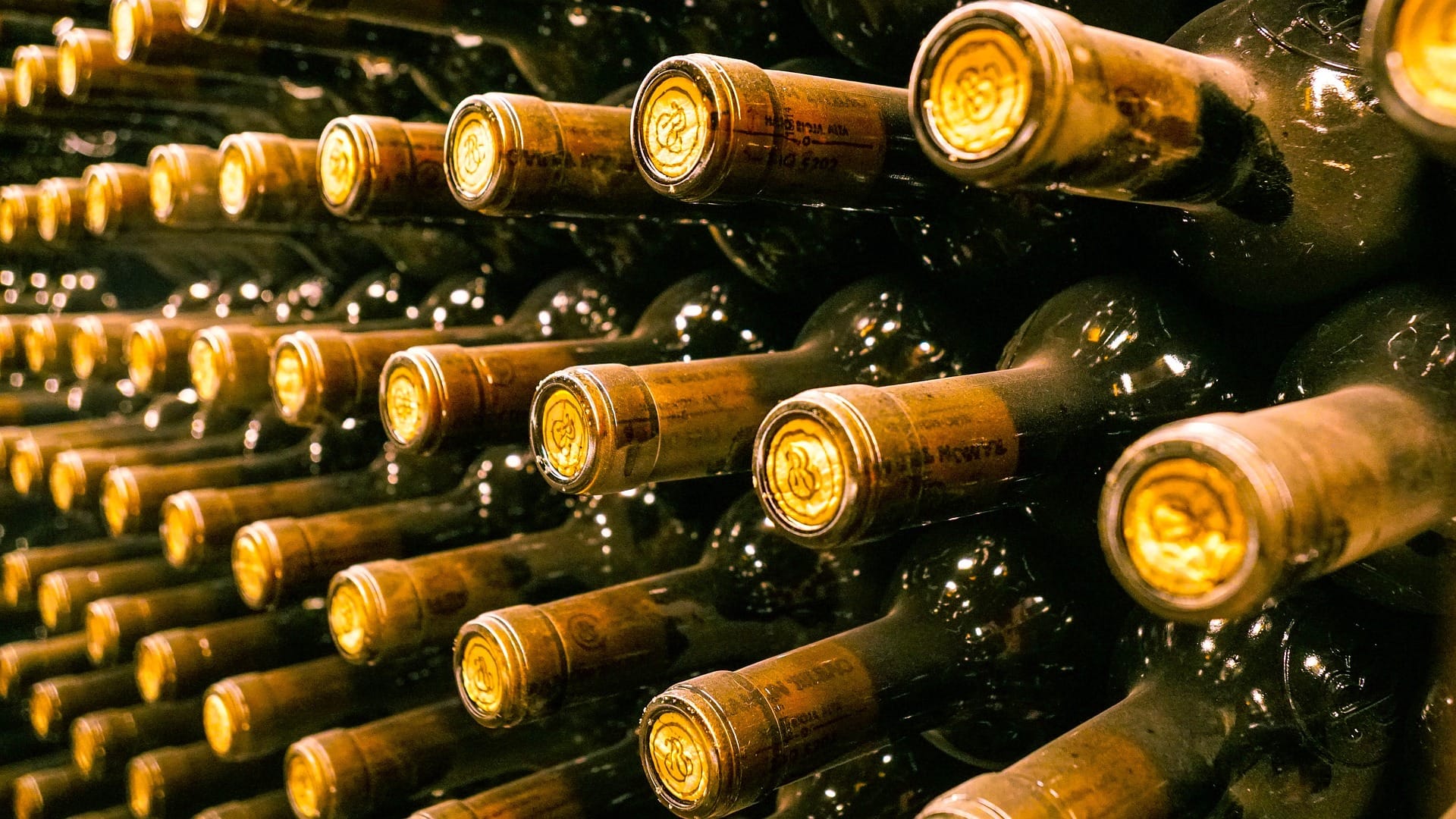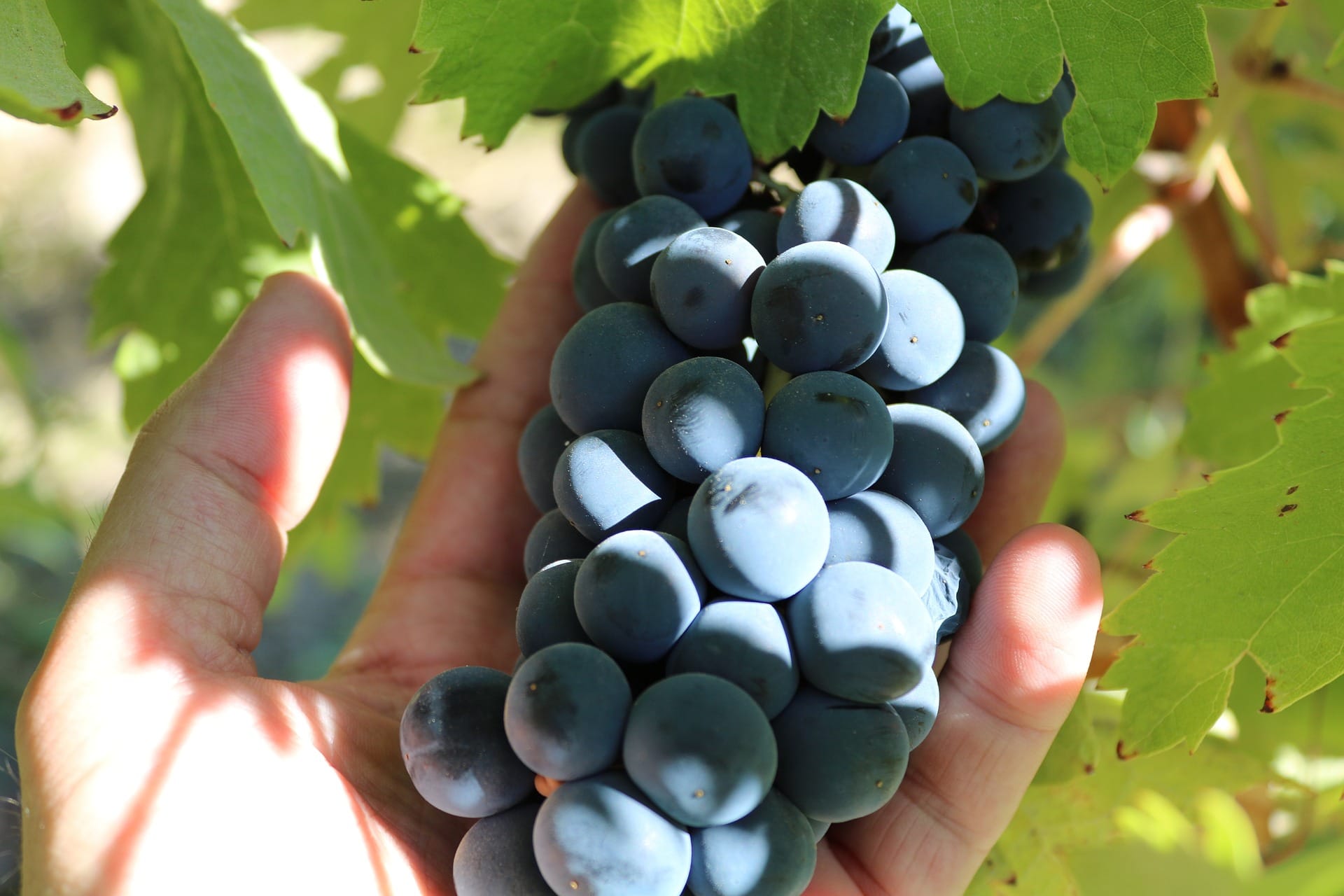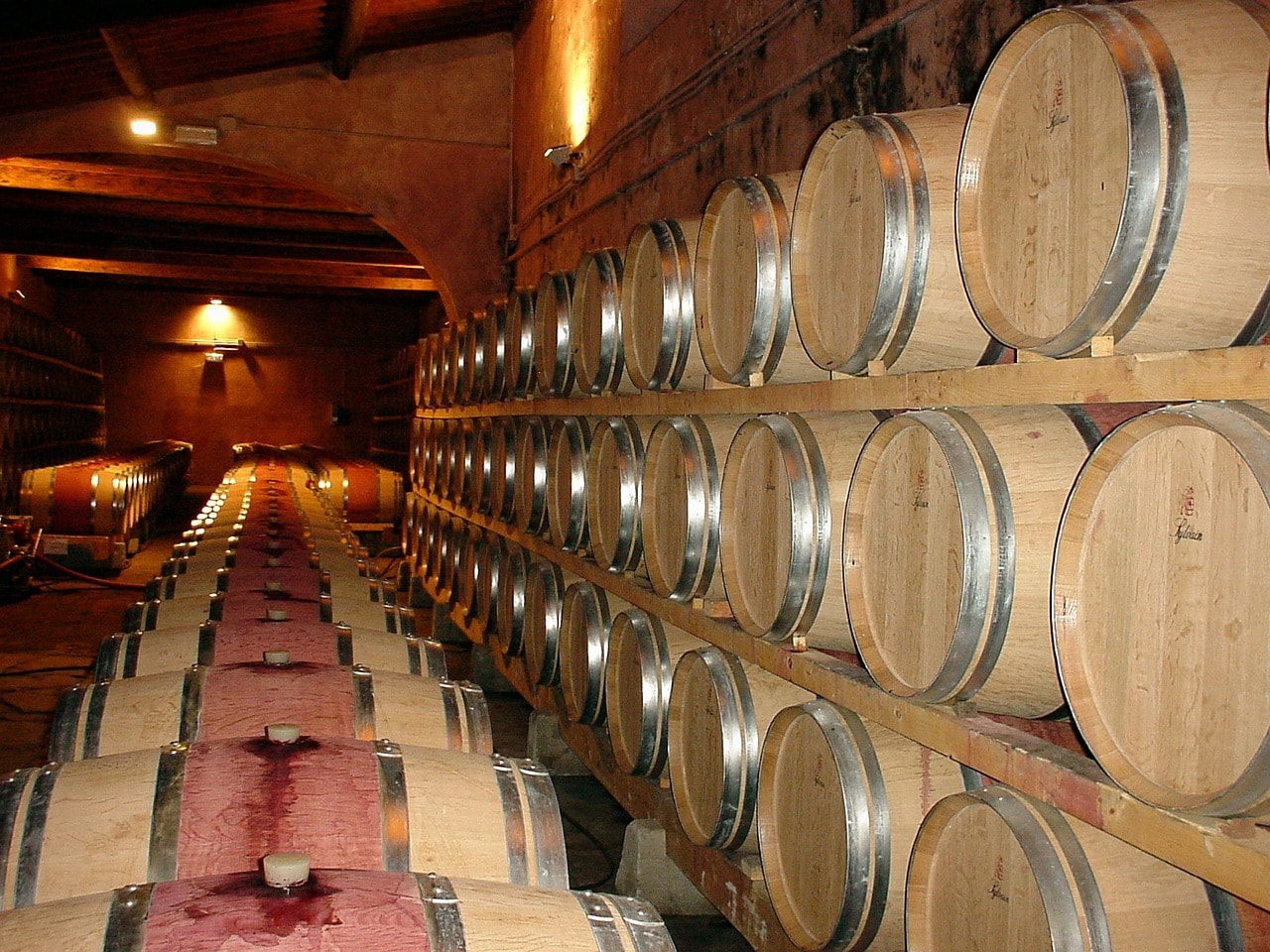the bulk wine
Many times, we have associated good and fine wine with bottles labeled in origin and mediocre or vulgar wine with other containers and bulk. There is less and less truth in that. At least let's not consider mediocre that wine without a bottle, without a barrel or a label, transported in tanks... because its importance and its footprint in the global wine market is such that it even has its annual fair in Amsterdam, the World Bulk Wine Exhibition.
We could say that a silent revolution is brewing in the wine industry. Local producers, faced with rising costs and environmental challenges, are exploring an innovative export modality:bulk winel. This strategy not only offers significant economic benefits but also promotes sustainability by reducing the use of glass bottles.
Exporting bulk wine involves transporting the wine in large containers, usually 24,000 liters, instead of bottling it at its origin. This method has several key advantages.
The first of them is cost reduction: The production and transportation of glass bottles represent a considerable expense for wineries. Half the weight of a bottle of wine is due to its glass. By exporting in bulk, these costs are eliminated, allowing producers to offer more competitive prices in the international market.
Another pro is flexibility in the destination market: Importers can bottle the wine in their own country, adapting labeling and marketing to local preferences. This flexibility increases the ability to respond to specific market demands, improving sales possibilities.
In addition, there is a greater profit margin : By reducing the cost of packaging and transportation, wineries can increase their profit percentage. This is particularly relevant in highly competitive markets where price plays a crucial role.
Sustainability and Resource Savings
The environmental impact of the wine industry has come under increasing scrutiny. The production of glass bottles is one of the areas with the greatest impact due to its high energy consumption and CO2 emission.


Opting for bulk export contributes significantly to the sustainability of the industry for several reasons, the first of which is to minimize the volume of solid waste generated, which benefits the planet and the economy of the wineries.
Another reason is energy savings. Glass production uses a lot of energy. By decreasing the demand for bottles, energy consumption is reduced, contributing to the reduction of the carbon footprint of the wine industry, which is currently around 30%.
Also, bulk wine containers are more space and weight-efficient compared to bottle boxes. This allows for more efficient transportation, reducing fuel consumption and associated greenhouse gas emissions.
Challenges
Despite its numerous benefits, bulk wine export faces certain challenges. The most obvious is the idea of quality that consumers traditionally have: bottled wine = higher quality. However, as we said at the beginning of the article, there is a change, and every day more wineries are betting on bulk.
But calm down, friend of wine... The high-end product will continue to be embraced by glass. The bottle will remain valid. The wine environment, its culture, aesthetics, and even the liturgy are values that cannot disappear, but it must be clear that these media wines are only 10% of world consumption.
Another challenge is the need for adequate infrastructure in the destination country to bottle and distribute the wine. This implies an initial investment that some importers may not be willing to assume.
In short, the export of bulk wine is presented as a viable and advantageous alternative both from an economic and environmental point of view. By reducing the costs associated with the production and transportation of glass bottles, and at the same time promoting more sustainable practices, this modality offers an innovative solution for the wine industry in Spain.
It is proving that it is possible to preserve the quality and tradition of Spanish wine while adopting more efficient and responsible practices. With changing perceptions and adapting to new infrastructure, bulk wine has the potential to redefine the dynamics of the international wine market, benefiting producers, importers, and the environment alike.
Enter the glù bubble and discover more articles like this.















